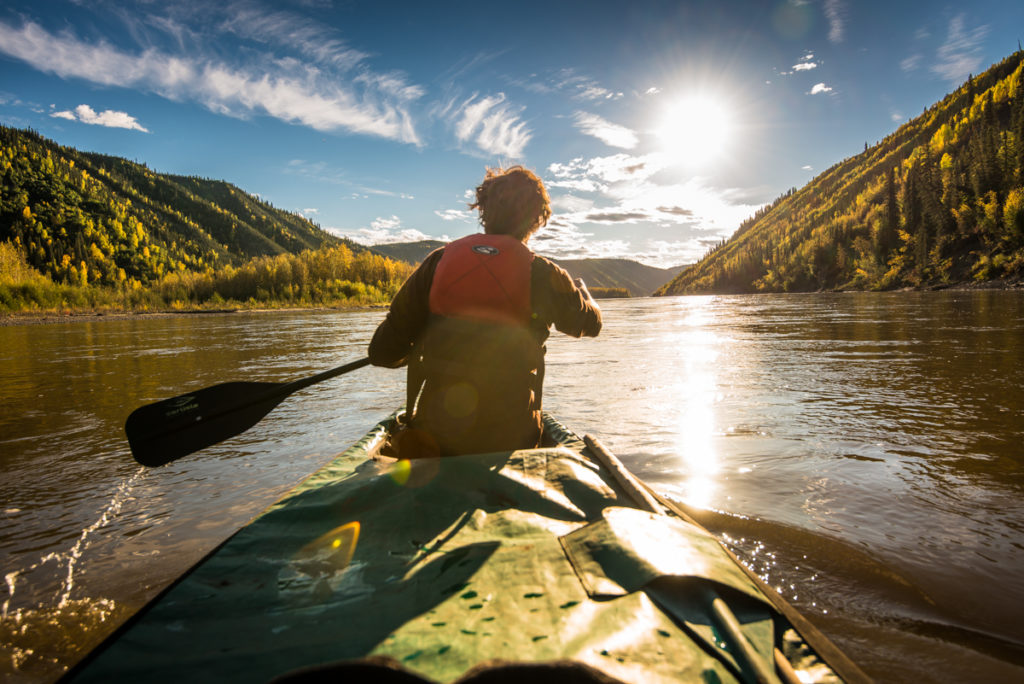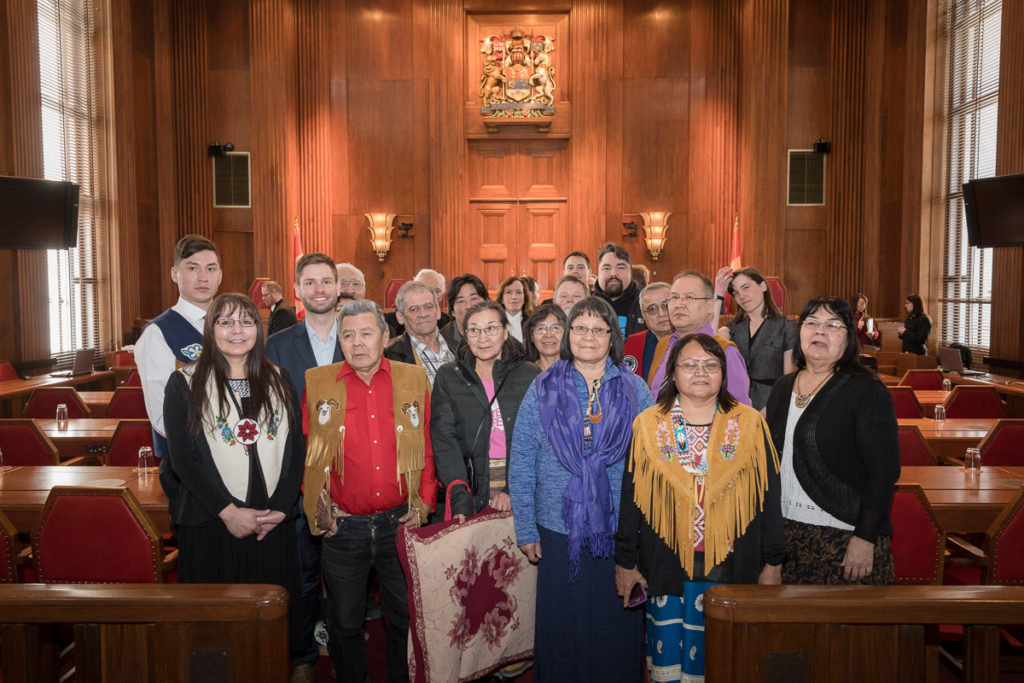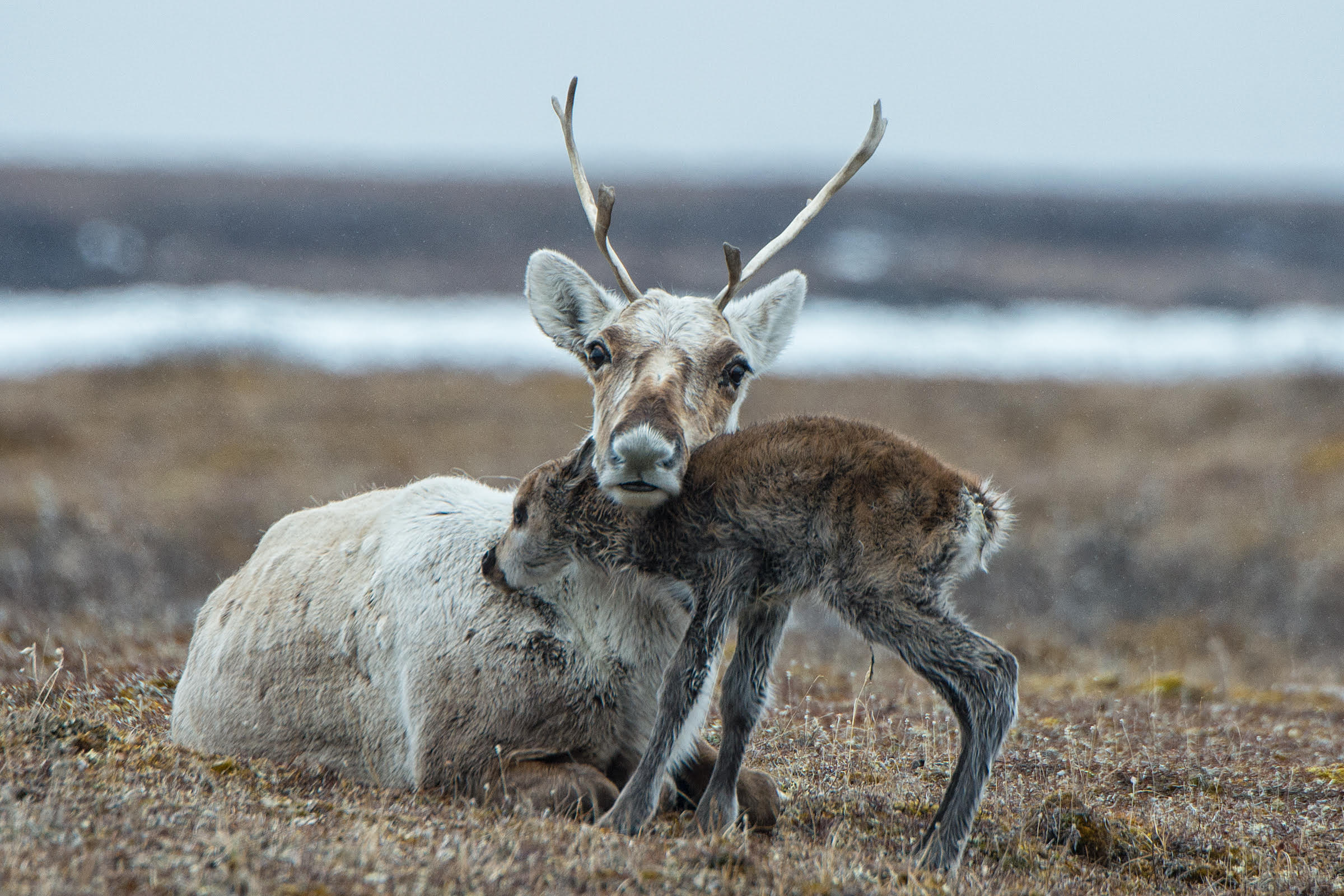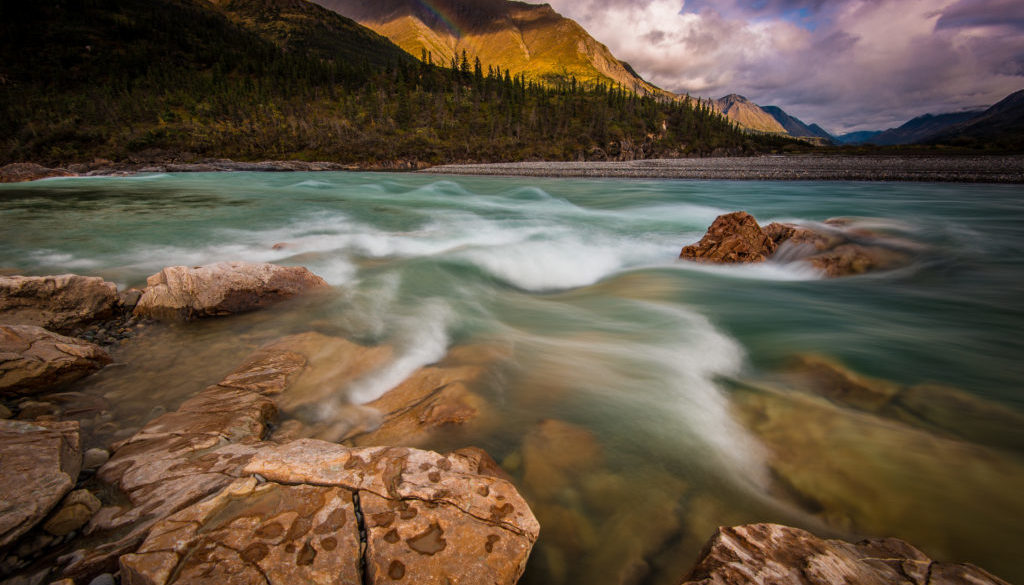Stewards of the Yukon
Header Image: Snake River, Tayu Hayward
Written by: Adil Darvesh, Communications Coordinator
The Wilderness Territory. It’s one of the reasons so many have travelled to the Yukon, and one of the reasons so many have stayed. With that comes the responsibility to maintain and protect the areas that we hold dear.
The Peel

For decades, CPAWS Yukon has worked to protect the Peel Watershed. A vast, intact ecosystem that is incredibly important for the First Nations and for all people in the Yukon. Providing scenic landscapes and important hunting, fishing and recreational areas; the Peel is the very essence of what Yukon is famous for.
We formed lasting parterships with the First Nation of Na-Cho Nyak Dän, Tr’ondëk Hwëch’in, Vuntut Gwitchin First Nation, and the Yukon Conservation Society. Together, we took Yukon Government to court in order to ensure the protection of the Peel Watershed.
Last December, when the Supreme Court of Canada ruled in favour of upholding the Final Recommended Plan, we were overjoyed. The hard work done to protect the Peel had paid off. Consultations on the Final Recommended Plan are expected to begin in late-summer or fall of 2018, and once again, your voice will be needed to help protect the wildlife, ecosystems and beauty of the Peel Watershed.
It’s taken a long time to get where we are today, but throughout it all, the one constant was the support we received from people like you. You showed up to consultations, water ceremonies, rallies, gatherings, and prayer circles. The roller coaster through the court system was only possible because our supporters and our allies had our backs

As a result of this success, CPAWS Yukon will continue to pursue fair, democratic and sustainable protection of our wilderness for all to appreciate. Over the past few months, we’ve been able to grow and have a greater capacity to help different areas in the Yukon. While we are still committed to ensuring that the Peel Watershed stays protected, we are also looking towards advocating for other incredibly important issues throughout the territory.
The Porcupine caribou herd
Since 2017, we have been working to support the Vuntut Gwitchin First Nation in their efforts to advocate for the protection of the Arctic National Wildlife Refuge in Alaska, and the Porcupine caribou herd.
This vast environment, located along the border of Alaska and the Yukon, is integral for numerous species of flora and fauna, and plays a critical role in the quality of life for the Gwich’in and other Indigenous peoples across northern Canada and Alaska. Barren-ground caribou are a threatened species that is in severe decline across North America and this is our opportunity to help protect one of the last remaining healthy herds. Currently, the U.S. government is planning to lease out areas of the Arctic Refuge for oil and gas development in the birthing grounds of the Porcupine caribou, which would have negative impacts on their herd. Due to the nature of the Porcupine caribou’s migration over the international border, this directly affects the Yukon. The Porcupine caribou are a source of food and resources for the Gwich’in people, and they need your voices to help tell the U.S. government that the Arctic Refuge is no place for oil and gas.

Land Use Planning
Development is altering landscapes across the Yukon. In the face of this growth and change, land use planning is one of the best opportunities we have to protect critical wildlife habitat and areas of high ecological importance.
Very simply, land use planning provides a road map for how land and resources will be used, managed and protected. In other words, planning determines if and how landscapes will be preserved or transformed. In the Yukon, land use planning takes place at many scales, from small individual development sites to entire regions, such as the Peel Watershed. As Yukon’s voice for wilderness, we will continue to provide meaningful input into land use planning and ensure that the process reflects ecological voices, is accessible to the public, and is informed by science and Indigenous knowledge.
Climate Change
It’s no secret that climate change is the biggest issue of our era. With such drastic changes to the climate in a short period of time, it has the potential to undermine all of our conservation work. We will continue to address and be mindful of climate change in all the work that we do.
Stay Tuned
This transition is a very exciting time for us. We are aiming to maintain the beauty of the Yukon and advocate for wilderness protection by collaborating with members of the First Nations and the public. We want to thank you for all of your support along the way, and we look forward to helping the people of the Yukon protect our wilderness for all. To learn more browse through our new and improved website at cpawsyukon.org, or email info@cpawsyukon.org. Add us on Twitter, Facebook and Instagram to interact with us and follow along on our journey.

